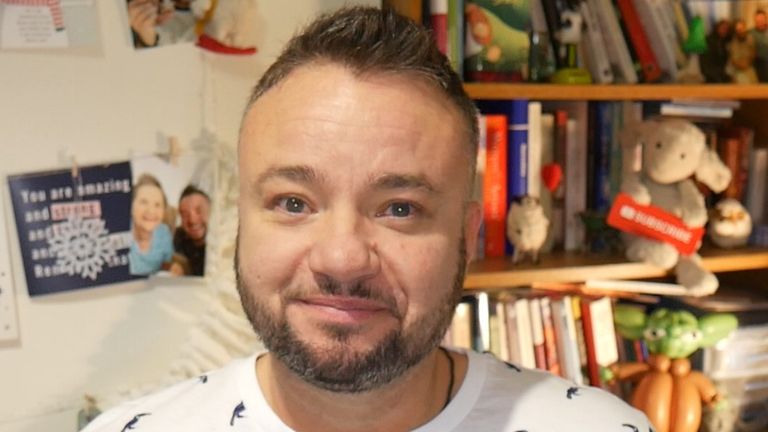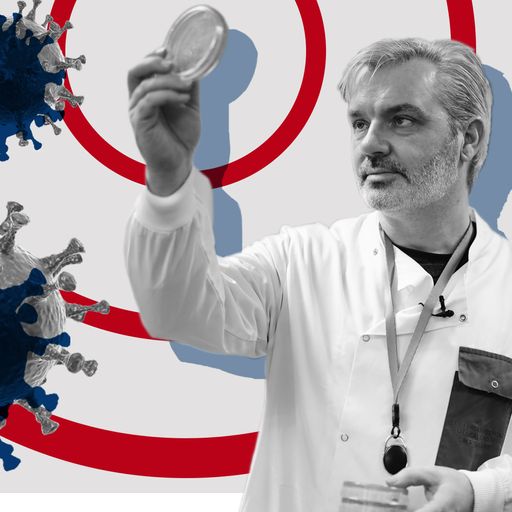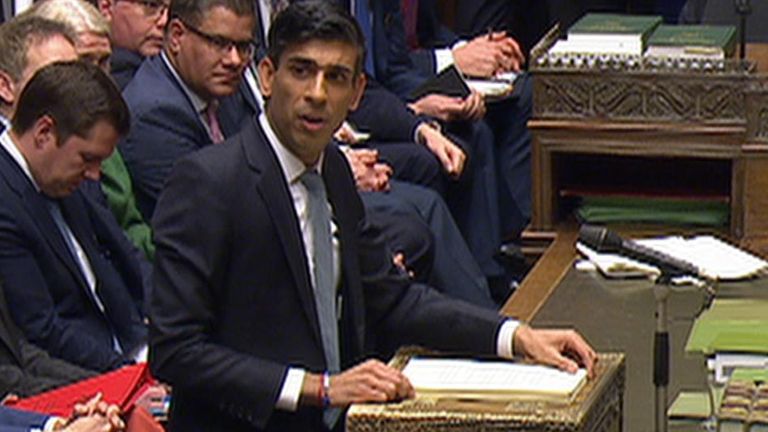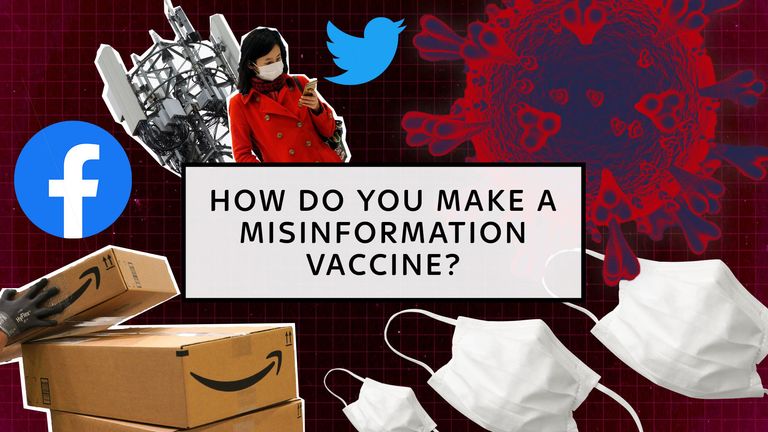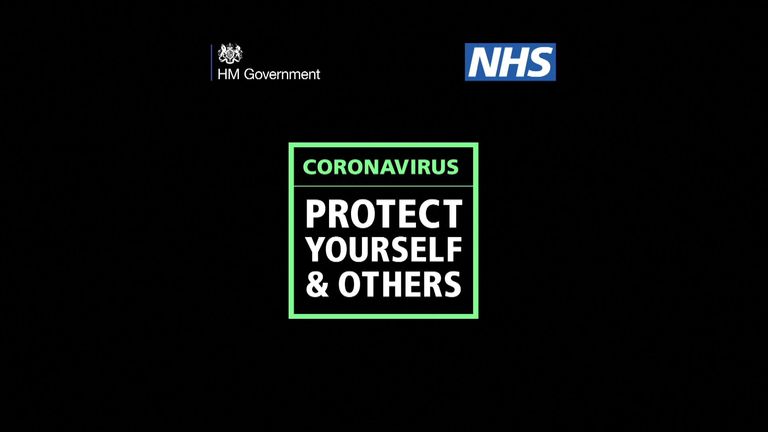Coronavirus: 'My anxiety feels like it has got proof that it's not safe outside'
The World Health Organisation says the coronavirus is generating stress, as people report struggling with increased anxiety.
Thursday 12 March 2020 16:07, UK
The coronavirus may be a physical illness but it is also causing a rise in mental health issues as it spreads across the world.
Last week the World Health Organisation said the outbreak was causing stress in the global population and released advice on how to cope.
Among its recommendations were avoiding news that might cause distress, as well as helping others and amplifying the stories of people who have recovered from the disease.
While worries about the virus can affect anyone, for people who are already dealing with mental health challenges it can make already tough situations much harder.
Finlay Games has a generalised anxiety disorder and is just one of many people who have found that the outbreak has made their symptoms worse.
Leaving the house now causes his heart rate to spike, and his anxiety has left him feeling sick and dizzy.
"At the moment my anxiety feels like it has got proof that it's not safe to be outside, because there is something dangerous out there and we should be taking precautions," he says.
"Most nights I wake up dreaming about coronavirus and because of that it makes me very on edge and quick to snap at my partner, even though he's being really supportive and understanding.
"I'm going shopping and to the gym less and I'm relying on my partner to do things for me. Previously I would go to the gym four times a week, but at the moment I'm only managing to make it out around twice a week.
"Normally I experience short bursts of anxiety and then there's relief, but at the moment there's no relief because the coronavirus isn't going anywhere and as a result my anxiety is staying much higher than it normally would.
"What I am letting myself do is a little bit of over preparation. I know I don't need a mask, hand wipes and antibacterial gel but I'm taking them with me to help calm me down. If I'm carrying extra stuff it makes it easier to function as I know I've got the stuff to act as a crutch.
"I allow myself to see two news updates - one at the beginning of the day and one in the middle of the day. I'm really careful about what I watch and I've turned off all my news notifications. Otherwise I end up looking at conspiracies online and feeling much worse.
"It's so important we talk about the impact of the virus on mental health, because I felt guilty for feeling this way and I think it's really important that people know that it's okay to ask for help around this.
"It would be so good if support helplines were made more obvious right now so that people like me didn't feel that we were taking resources away from the people who have physical health problems."
Counsellor Hansa Pankhania, who is a member of the British Association for Counselling and Psychotherapy, says the best way of dealing with stress about the outbreak is to take practical steps to prepare.
If you are worried about your health she recommends trying to "be proactive in sustaining your health and building your immune system" by eating healthily, exercising and meditating.
Similarly she says if you are worried about family members or friends you should reach out and offer to help, and if you need help make sure you ask for it.
However, she also says it's important not to overreact. "The buying spree is one way of feeling in control on a micro level, in an otherwise uncontrollable situation," she says.
"Follow the public health advice. If you are healthy, it is advised that you will recover in 2-3 weeks so you just need to ensure you have enough supplies for this time."
If steps like this don't help she says some people may need to seek professional help.
Anxiety UK and Mind are just two of the charities offering support to people suffering mentally because of COVID-19.
Both recommend limiting news access and taking practical steps to help reduce anxiety such as breathing exercises and preparing a checklist of everything you'd need if you had to self-isolate for two weeks.
They also both run helplines for anyone struggling to cope. You can contact the Anxiety UK helpline on 03444 775 774 and the Mind helpline on 0300 123 3393.
Young Minds also recommends parents speak to their children about the outbreak to check they are coping.
Stevie Goulding, Young Minds parents helpline team leader, said, "Children and teenagers may understandably be concerned or worried by what they see, read or hear in the news or online. As a parent or carer, it's good to talk to them honestly but calmly about what is happening, and to not ignore or shield them from what is going on in the world."
For parents who need additional support the charity can be contacted on 0808 802 5544 from 9.30am-4pm Monday to Friday
